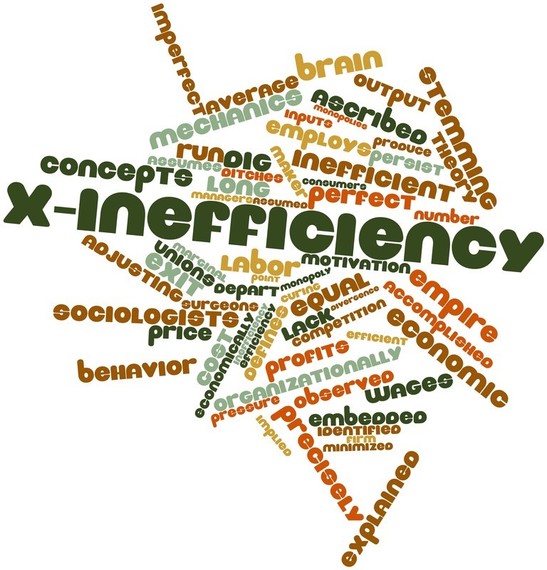The vast majority of small investors in this country are invested in the stock and bond markets. Either they're buying them individually, or they're invested in mutual funds or bond funds. Others are into commodities and options. There are other less popular and more complicated financial instruments and derivatives as well.
One thing you'll hear about, particularly in discussions of the stock market, is the efficiency of the market. One simple single sentence definition of the Efficient Market Hypothesis is: "An investment theory that states it is impossible to "beat the market" because stock market efficiency causes existing share prices to always incorporate and reflect all relevant information."
Though there is plenty of debate about this concept, the fact is that generally all of the information about a given stock is available to everyone, so there is no advantage to anyone due to having some "secret" information about the company. In fact, "insider trading" based on information not available to the public is generally illegal.
Another factor in making the trading of stocks pretty efficient, meaning prices are rarely very different across different markets for the same stock, is that market makers are constantly monitoring tiny differences. They jump on those with large trades to take advantage of small differences, thus keeping prices across markets pretty stable.
So, at any given second, all buyers are buying a specific stock at roughly the same share price, with only trading commissions making their cost different. Everyone selling a stock at any given second is selling at roughly the same price, trading costs aside. Now that we see how this works, we can take a look at a very different situation when it comes to real estate, particularly residential single family homes.
The residential real estate market isn't really an efficient market.
One thing that makes real estate stand out is that there isn't going to be any more of it created; at least not on this planet. We start out knowing that over the long haul, there will never be a greater supply available, though the supply for sale at any given time varies a lot. The general idea is that as population increases, demand for real estate will increase, but supply will not; prices should rise over time.
Beyond that though, it's not really an efficient market, especially in rough economic times. There aren't "market makers" out there checking out home prices across neighborhoods and markets and buying/selling hundreds of homes at a time to take advantage of differences. There are differences, but they deliver one of the profit components available to real estate investors.
The investor can dig into market information, and they can do it quite efficiently with the Internet and many sources of information available online. Homes for sale at bargain prices can be located, and even better prices negotiated when there is a motivated seller. A bargain home represents inefficiency in the market, and the astute investor can take advantage.
Real estate investment provides a unique opportunity for an investor to do more research and dig into a market more than competitors to yield bargains and profits. The one thing to remember though is that illiquidity is one tradeoff for this inefficiency advantage. You can't make a phone call and sell the home you just bought through a broker in hours. However, the advantages of inefficiency in real estate markets can make it well worth your while.

